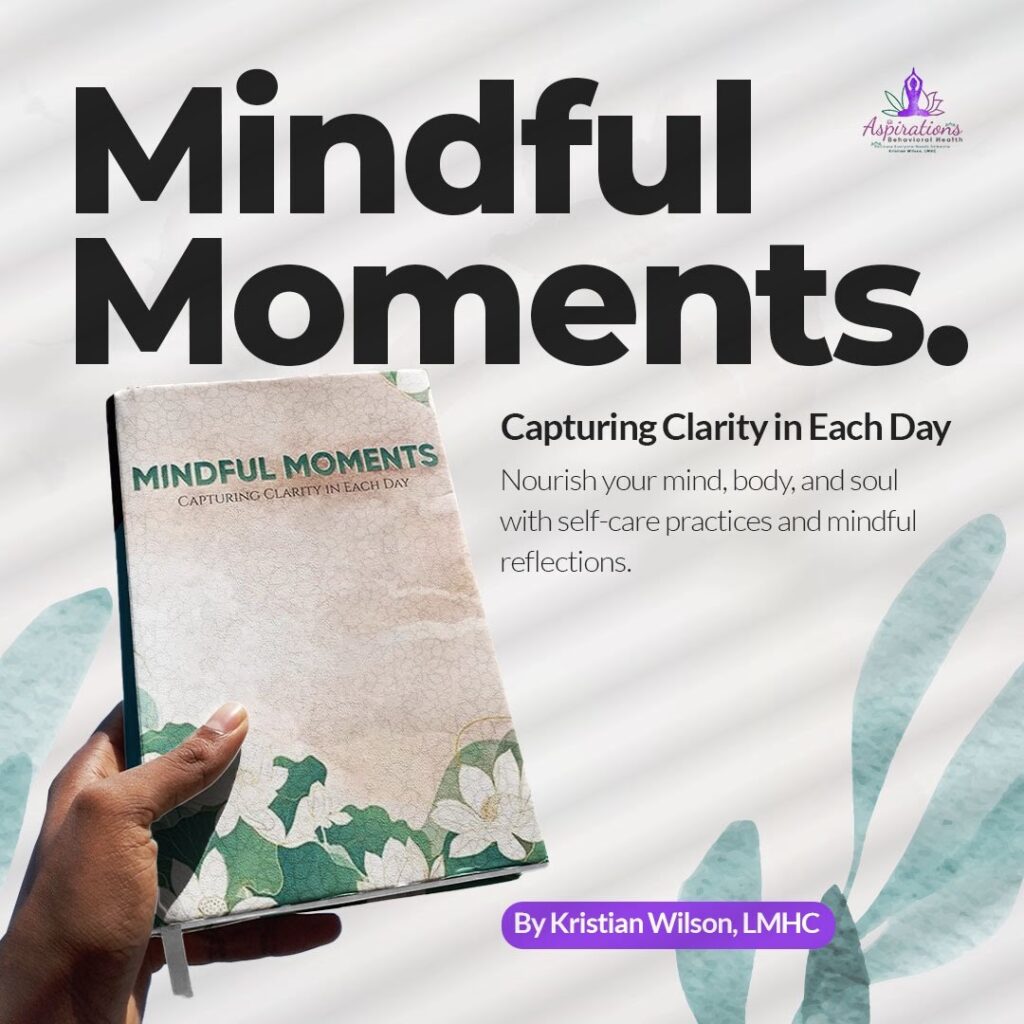Low Self-Esteem

Self-esteem is the foundation of a person’s emotional health, influencing their views, actions, and relationships with the outside world. Low self-esteem is a condition wherein people consistently view themselves negatively, doubting their worth and abilities. This might appear in a variety of ways, both inside and publicly.
The physical signs of low self-esteem can be subtle but revealing. Individuals may exhibit poor posture, avoid eye contact, or even engage in self-deprecating behavior. These outward expressions frequently express their inner anguish and low self-esteem.
Internally, low self-esteem symptoms can range from persistent feelings of inadequacy to harboring negative beliefs about one’s capabilities. For fear of failure or judgment, these people frequently avoid challenges or opportunities. Such signs of low self-esteem can limit personal growth and potential, leading to missed opportunities and unfulfilled lives.
Self-esteem issues can originate from various sources. Childhood experiences play a significant role, and a child with low self-esteem symptoms might exhibit reluctance to try new activities, fear of ridicule, or extreme dependence on adults. As they grow older, these children can develop entrenched low self-esteem behaviors that perpetuate feelings of inadequacy and self-doubt.
The causes of low self-esteem are multifaceted. It could result from adverse events such as bullying, trauma, or constant criticism. Social pressure, particularly in the age of social media, can amplify these feelings as people continually compare themselves to others.
People with low self-esteem often find it challenging to accept compliments or believe they don’t deserve happiness or success. This poor self-esteem can, in turn, affect every aspect of their life, from relationships to career choices.
It’s noteworthy that women’s self-esteem can be particularly vulnerable due to societal standards and expectations regarding beauty, success, and roles. Women’s self-esteem concerns may be related to their beauty, age, or societal judgments, further complicating their self-image.



